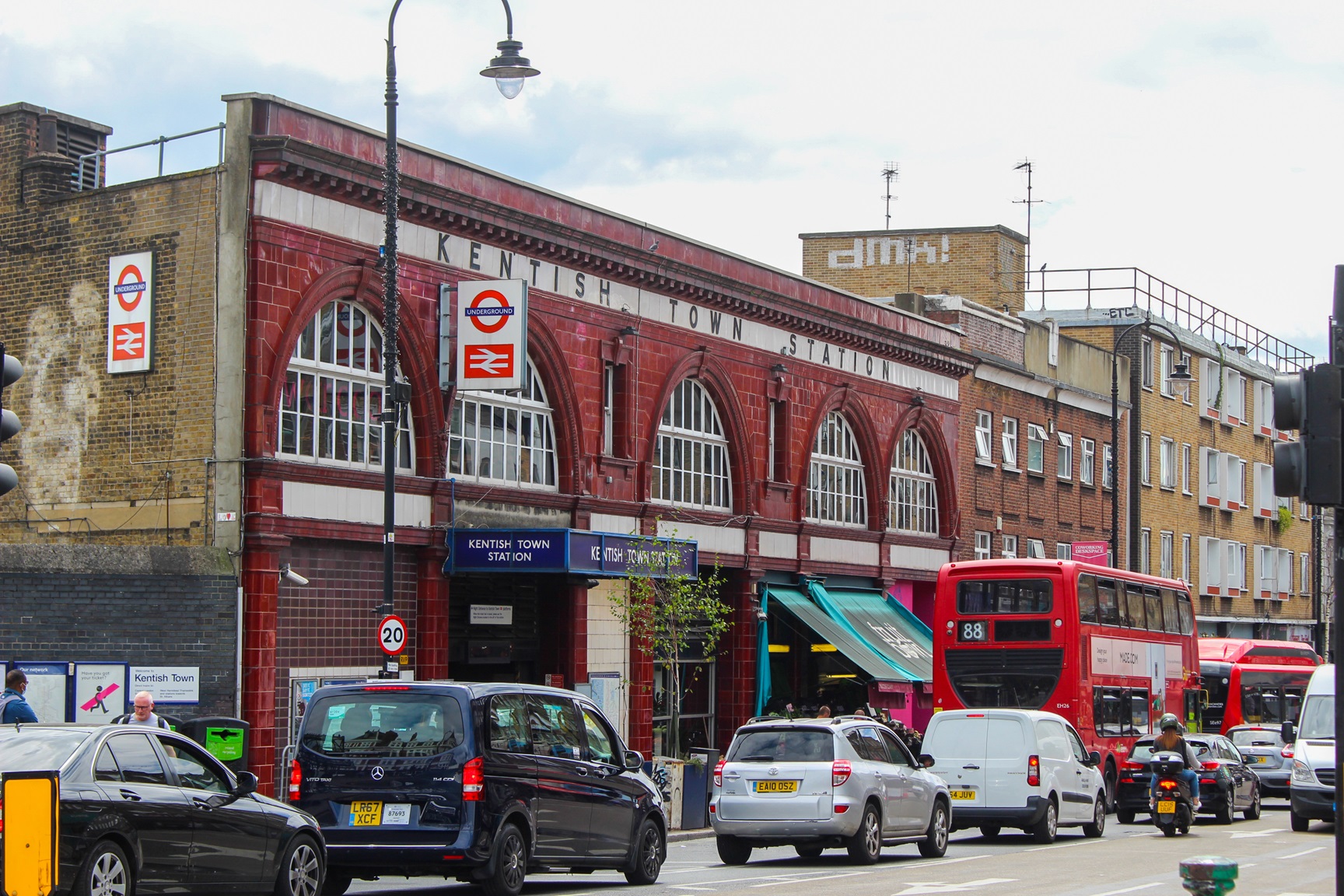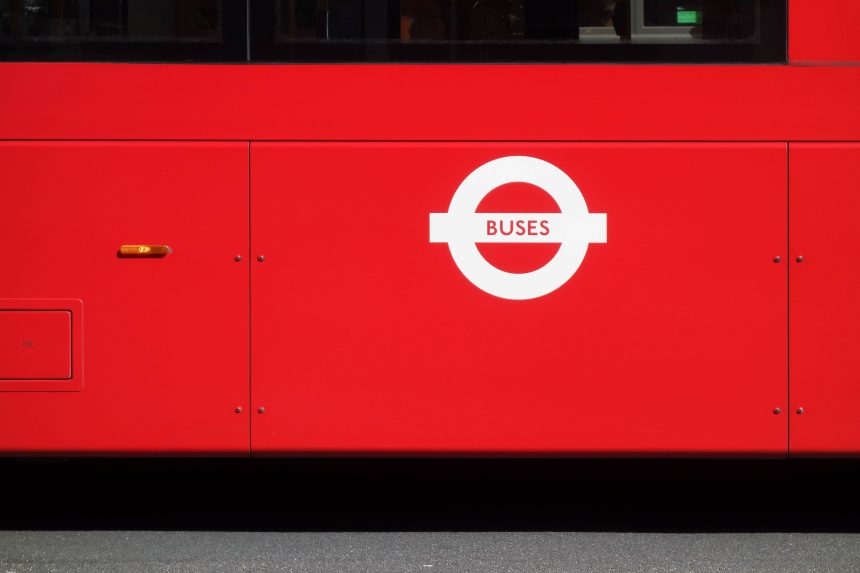South Mimms operator Sullivan Buses withdrew from Transport for London (TfL) contracted operations with minimal notice on 2 August, signing off with an angry attack from Managing Director Dean Sullivan on TfL’s approach to SME bus operators and its handling of payments.
Exit from TfL work follows a meeting between the two parties that day, and contracted remuneration not having “kept pace with the increasing pace of service delivery,” says Mr Sullivan. The operator ran 12 routes for TfL, including some school day-only provision.
He adds that the business had been subject to financial penalties by TfL, which had further affected the viability of those services. Mr Sullivan says that the penalties were imposed against a background of worsening congestion in London.
As of June, TfL owed Sullivan Buses what the operator claims was “over £130,000.” A meeting took place during that month to discuss a lack of “meaningful feedback” on Sullivan Buses’ failure to retain local service contracts “and other issues the business was facing.”
Mr Sullivan says that TfL informed him at that meeting how it “struggled to incorporate small businesses such as ours within [its] corporate model.” No agreement on a way forward was reached and TfL asked Sullivan Buses for a date for it to hand back all contracts, Mr Sullivan’s message continues.
The decision to terminate TfL contracts with only hours’ notice does not affect Sullivan Buses’ duties in Hertfordshire. Its service to Thorpe Park in Surrey has also continued to run.
The issue around monies owed was satisfied soon after the June meeting “but not before TfL asked if [it] could repay in instalments,” says Mr Sullivan. He adds that a lack of funds until then had impacted the operator’s ability to deliver contracted services.
“Coupled with delays to payments by TfL, we have decided that we can no longer sustain the further cuts necessary to meet the decreasing income received… Any inevitable reduction in funding will lead to a further decline in performance, and this is not something we are willing to support,” Mr Sullivan adds.
The operator estimates that its shortfall in income from TfL contracts “exceeds £200,000 per month.” It notes that while other operators have exited the TfL bus market in recent years, no newcomers have entered.

In response to a Freedom of Information (FoI) request in late 2023, TfL noted that it was aware of poor performance on route 299, which was operated by Sullivan Buses until the operator’s abrupt exit.
TfL said in that response that while “both staff and mechanical lost mileage [were] high,” the two parties were working together to “implement a reliability scheme” to redistribute running time “to better match actual run time.”
Performance review meeting notes from April and May from a separate FoI request showed that vehicle availability issues were being experienced by the operator. For both periods in question, all but three of its TfL services had failed to meet their minimum performance standard, although on one a problem with traffic lights was acknowledged.
After Sullivan Buses’ exit, TfL worked quickly to place some routes with other operators. Go-Ahead London took on one from the following morning. Uno Buses was also able to rapidly allocate resources to alternative provision, but other routes were suspended. Arriva London and Stagecoach London are understood to be involved in pending replacements.
Withdrawal from TfL services by Sullivan Buses follows another operator having highlighting that the body is not always keen to open mid-term payment renegotiations in the face of rising operational costs, although the source accepts the scale of TfL’s financial challenges.
An FoI request earlier in 2024 showed that while only two early termination clauses for individual service contracts were invoked by operators during 2022, that number grew to 22 in 2023.
Public TfL data shows that the per-mile payment to Sullivan Buses via successful bids for route 217 dropped from the contract announced in 2016 to that retained in 2021. In the former case, the winning bid – including new diesel buses – led to an average payment per live mile of £5.15. On retention in 2021 with the same vehicles, that fell to £4.87.
However, the TfL data also illustrates some major recent increases in payments at contract renewal.
That for routes 148 and N148 was placed with RATP Dev as one of four bidders in May 2021 at an average rate of £6.39 per live mile. It was re-awarded to the same operator as sole bidder in June 2024 with an average live mile payment of £10.48 – a 64% uplift. Existing New Routemaster diesel-electric hybrids were specified in both cases.



























